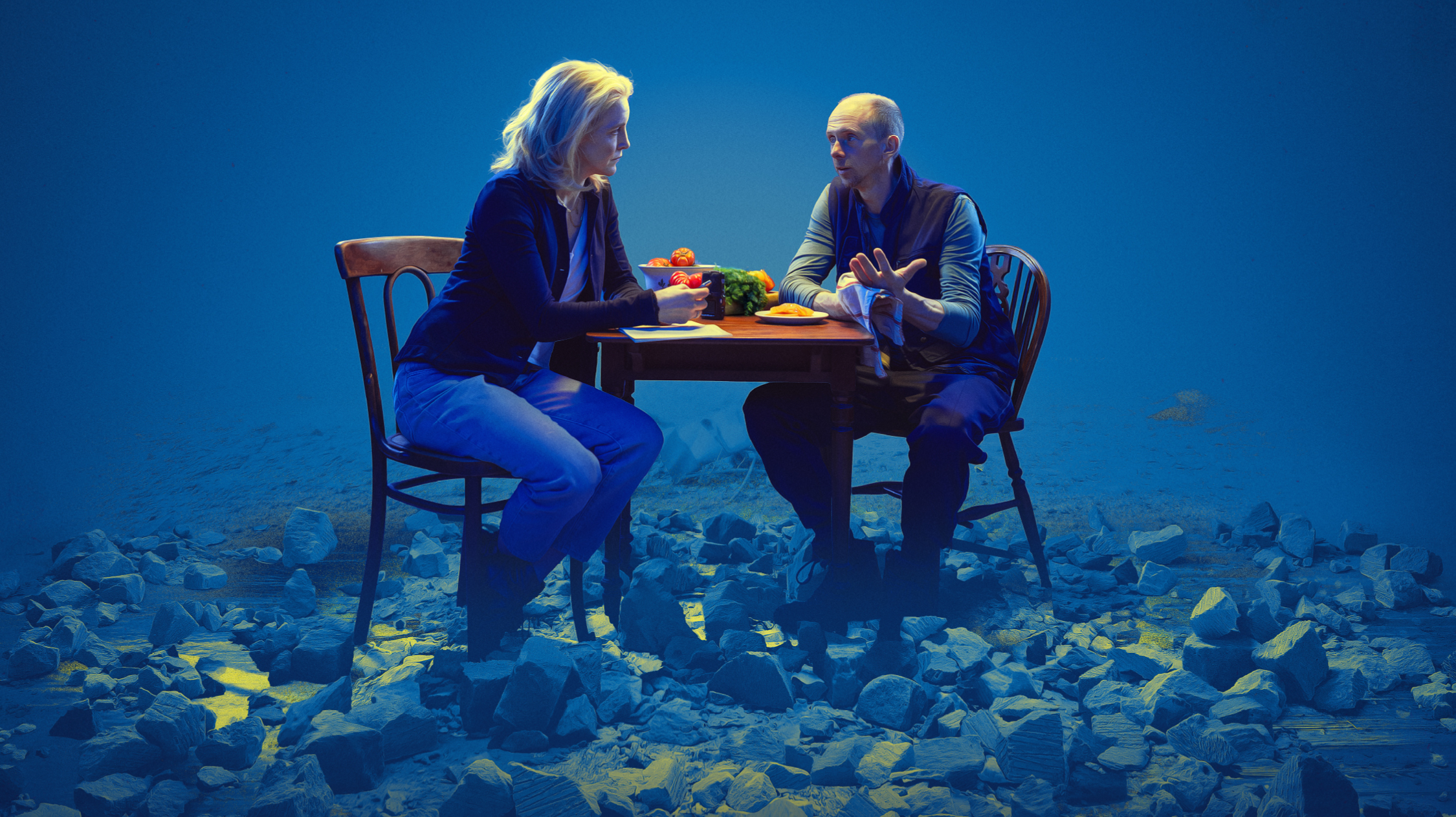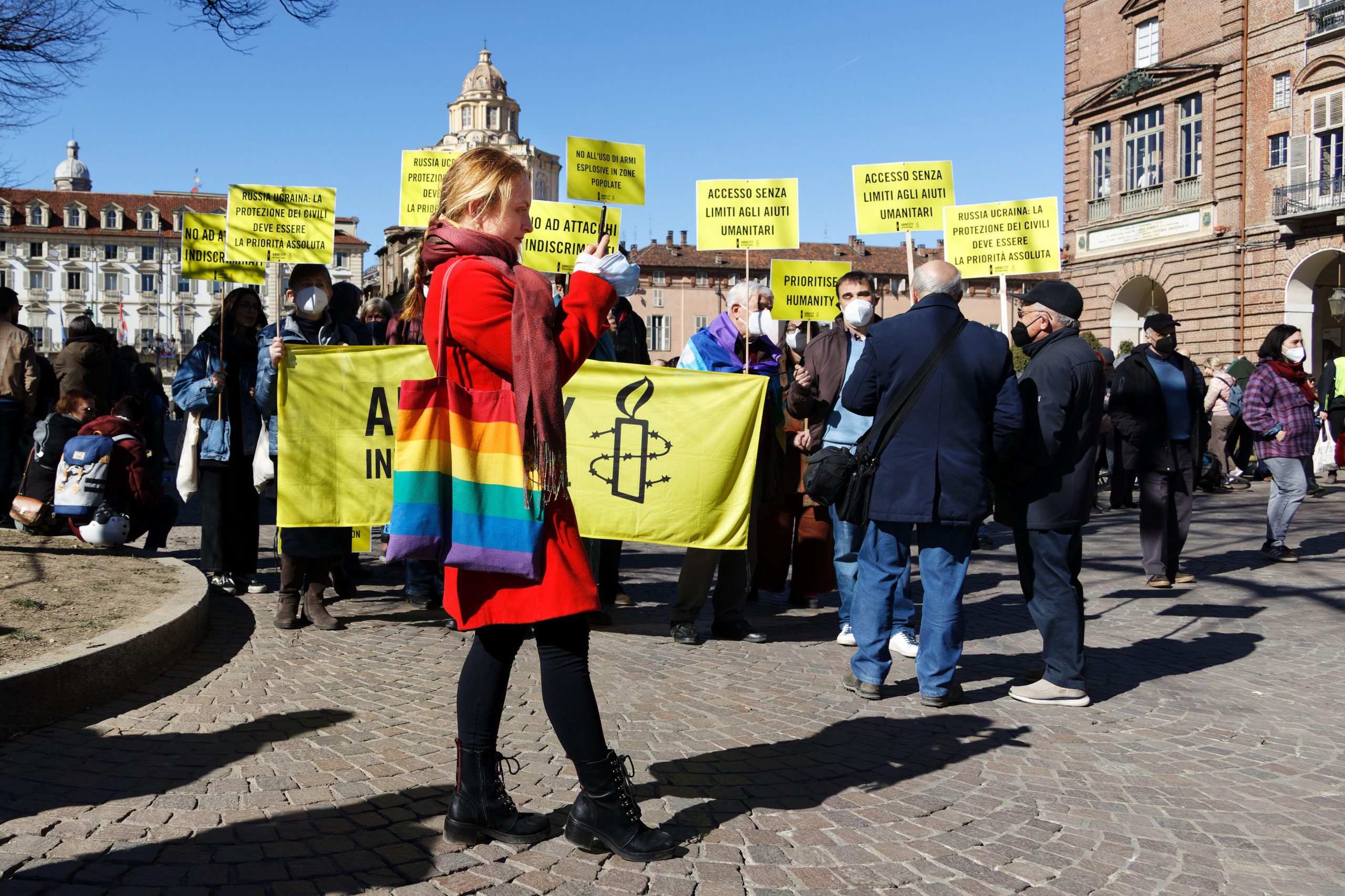Russian investigators are planning to question 600 people accused of participating in clashes with police during an anti-Putin rally on 6 May. More than 1,200 people have already been interviewed, one of whom— Stepan Zimin — faces criminal charges for using force against policemen.
Russia Day — a national holiday on 12 June — was marked with mass protests against Vladimir Putin’s presidency. Up to 100,000 people condemned the persecution of opposition activists and demanded an end to it.
 In the meantime State Duma passed a scandalous law, increasing fines for breaking rules relating to holding rallies and stipulating up to 200 hours of forced labour for rally organisers. Dozens of activists who protested against the law near Duma building were arrested, including Yabloko party leader Sergei Mitrokhin.
In the meantime State Duma passed a scandalous law, increasing fines for breaking rules relating to holding rallies and stipulating up to 200 hours of forced labour for rally organisers. Dozens of activists who protested against the law near Duma building were arrested, including Yabloko party leader Sergei Mitrokhin.
Just Russia and Communist Party deputies attempted to prevent United Russia, which has a majority in Duma, from passing the law talking out the bill: they slowly read aloud a number of amendments they proposed to the controversial law. But United Russia passed the law in the end, and the next morning it was approved by the upper house of Russia’s federal assembly – the Federation Council.
Senator Lyudmila Narusova — widow of prominent Russian politician and mentor of Putin, Anatoly Sobchak, and mother of well-known “it-girl” turned political activist Ksenia Sobchak — questioned the hasty approval of the law. She was the only senator who suggested that the law should be discussed.
The council’s speaker, Valentina Matvienko, told her “not to insult” the house. The only senator who voted against the law was Larisa Ponomareva, mother of opposition leader Ilya Ponomarev. The rest, according to Russian human rights activists, proved the council’s full dependence on the Kremlin.
Finally, the law was signed by president Vladimir Putin, despite recommendations from his human rights counsellor Mikhail Fedotov. Presidential council made a resolution stating the new law violates the Russian Constitution and a number of laws, as it criminalises the right for peaceful demonstrations. According to the resolution, the law stipulates punishments for deeds, which are defined very vaguely, and as such, any opposition leader is likely to be sentenced to forced labour or up to 300 000 roubles fine (about £6000).
The law came into force right before the 12 June rally, but no organisers were fined. Most of them — Sergei Udaltsov, Alexey Navalny, Ilya Yashin and Ksenia Sobchak — were searched by investigators instead because of their participation in the opposition.




